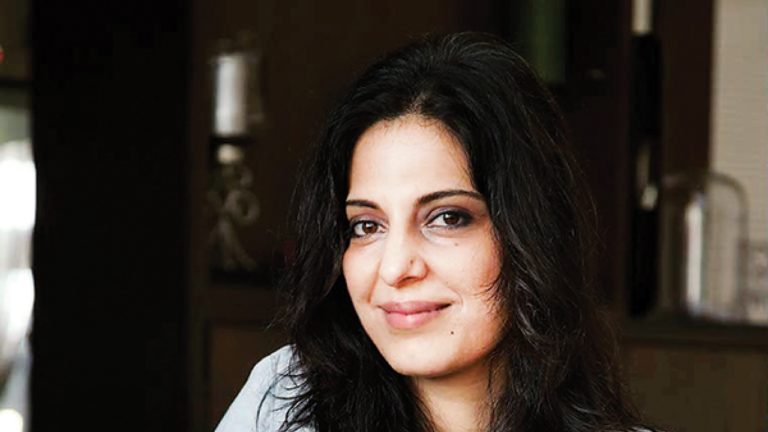In “Shadowbox” (Baksho Bondi, 2025), directors Tanushree Das and Saumyananda Sahi craft an unflinching portrait of resilience, societal burden, and the invisible weight of human endurance. Set in contemporary Kolkata, the film follows Maya (Tillotama Shome) navigating the relentless demands of survival. Her existence is shaped by the economic and emotional toll of an unspoken war waged within her home. Her husband, Sundar (Chandan Bisht), a former army officer, battles PTSD and alcoholism, retreating into silence and self-destruction. While their teenage son, Debu (Sayan Karmakar), wrestles with a world that has already abandoned him before he has had the chance to define himself.
The film premiered at this year’s Berlinale under the ‘Perspectives’ section. For international audiences, “Shadowbox” might first appear to be a story about the socio-political landscape of India. A social drama about gender, class, migration, and mental health. While it is all those things, it refuses to be reduced to them. Instead, it peels away the layers of these ideas. It reveals something more universal: a meditation on how individuals become prisoners of their roles in society. They are trapped in expectations that leave no space for their own humanity. The film does not offer an escape or any easy resolutions. Rather, it forces its characters and the audience to sit with the discomfort of knowing that no matter what happens, they will have to keep going.
The film’s direction is subtle yet deliberate. Shot on location in Kolkata, the city’s dense streets contrast with the suffocating stillness of Maya’s home. The cinematography mirrors the characters’ internal states. Tight, claustrophobic frames trap Maya within her responsibilities. While Sundar exists in the shadows, his presence is heavy but detached. The film’s pacing is unhurried, allowing its silences to speak louder than its dialogue. There is a musicality to its storytelling. A rhythm that moves not through grand revelations but through the quiet, crushing weight of everyday life.
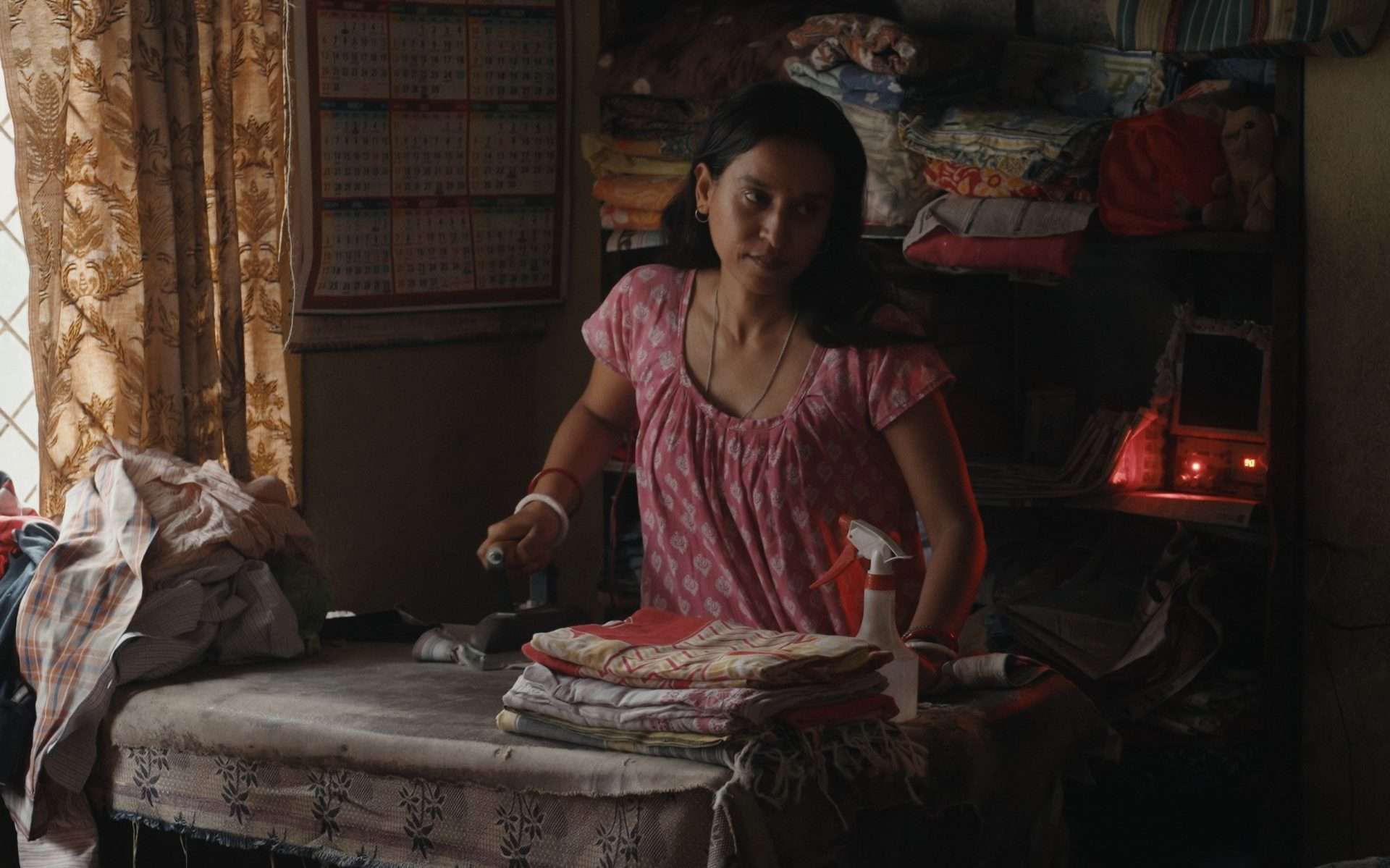
It provides a peek into the micro-universe that exists in every family and extends itself to society. The unseen battles fought behind closed doors. A story of survival, not in the dramatic sense of overcoming adversity. But in the quiet, relentless way people continue living. Maya’s struggle is not just about financial survival. It is about the exhaustion of constantly proving her right to exist with dignity. She does not ask for more, she fights merely to keep what little she has. Her relentless work ethic is mistaken for greed, as even Sundar accuses her of only wanting money. The prison is not that she has to earn more, but that the cost of earning anything at all is back-breaking.
Sundar is a man crushed under the weight of the role he can no longer play. His PTSD is not just the result of war but an extension of the patriarchal expectations that demand he be something he is not. He is a man without a place in a world that refuses to make space for those who cannot uphold its rigid ideals of masculinity. His ultimate surrender, his silent descent into self-destruction, is not framed as a failure of character. But as the only act of agency left to him in a world that has stripped him of everything else.
That weight of expectation extends to Debu, whose rebellion is not simply a reaction to his family’s struggles but a response to the society that has failed them. He is not just angry at his parents, he is angry at a world that allows suffering to become routine. At the isolation that deepens as hardship increases. He cannot comprehend why his relatives express love for him but withhold it from his parents. His defiance is not against his home but against a system that has let them down.
The title “Shadowbox” encapsulates the film’s central struggle. Each character is fighting an unseen force, a societal specter that dictates their roles and punishes them for failing to conform. The tragedy of the film is not that they fail to meet these expectations but that they were set up to fail from the start.
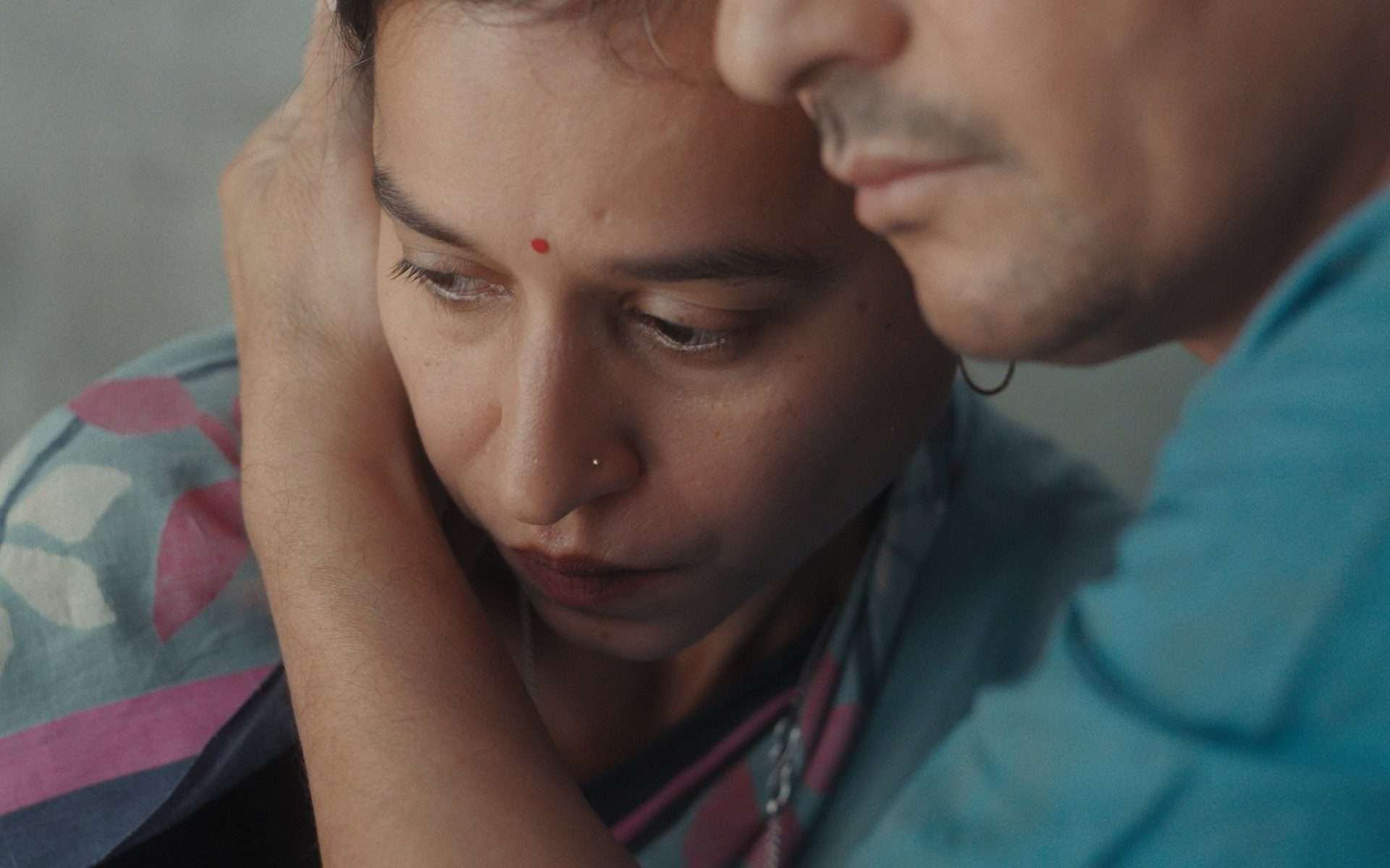
As the film reaches its climax, Sundar’s fate is left deliberately ambiguous. His arrest is not a question of guilt or innocence. The film is uninterested in legal verdicts. What matters is his surrender, whether as an admission of guilt or an act of relinquishing control. It is the only decision left for him to make. Meanwhile, Maya continues. That is all she can do. There is no moment of triumph, no grand resolution. The absence of relief in the film is not a denial of hope but an affirmation of reality.
At its heart, “Shadowbox” is a film about the loneliness of hardship and the silent strength it demands. The performances anchor its emotional depth. Tillotama Shome delivers one of the most nuanced portrayals of her career. Chandan Bisht’s restrained performance turns Sundar into a ghost of a man long before his story reaches its inevitable conclusion. And Sayan Karmakar captures the raw, simmering anger of a child forced to grow up too soon.
Beneath its seemingly simple premise lies a deeply layered, unsentimental portrait of life’s quietest tragedies. In a world where resilience is often romanticized, “Shadowbox” refuses to turn survival into inspiration. Instead, it forces its audience to sit with the discomfort of knowing that some burdens never lighten; they are simply carried.


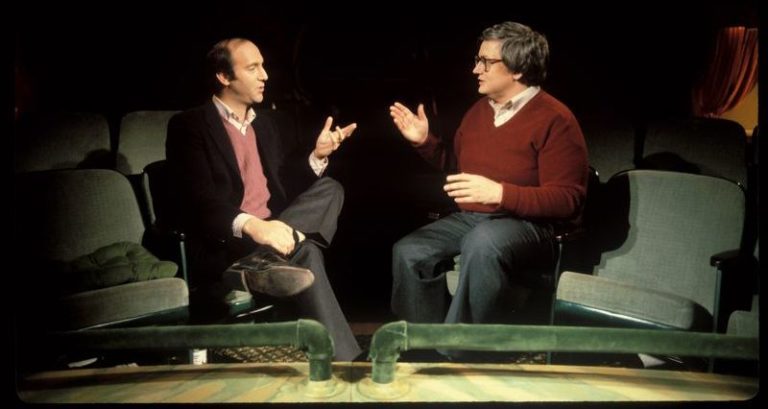
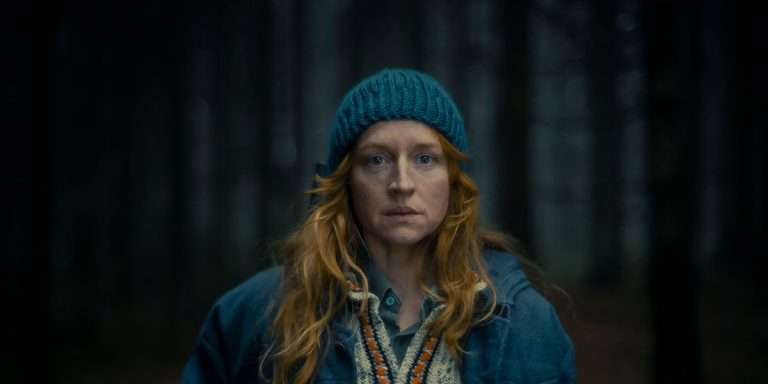
![Choked [2020] Netflix Review – A tale of a crumbling marriage crushed by a socio-political metaphor](https://79468c92.delivery.rocketcdn.me/wp-content/uploads/2020/06/Choked-highonfilms-768x432.jpg)
![Lotawana [2022] Review: A low-key romance about living life on the fringes](https://79468c92.delivery.rocketcdn.me/wp-content/uploads/2022/02/Lotawana-Frame-Grab-by-Trevor-Hawkins-2-768x324.jpg)
